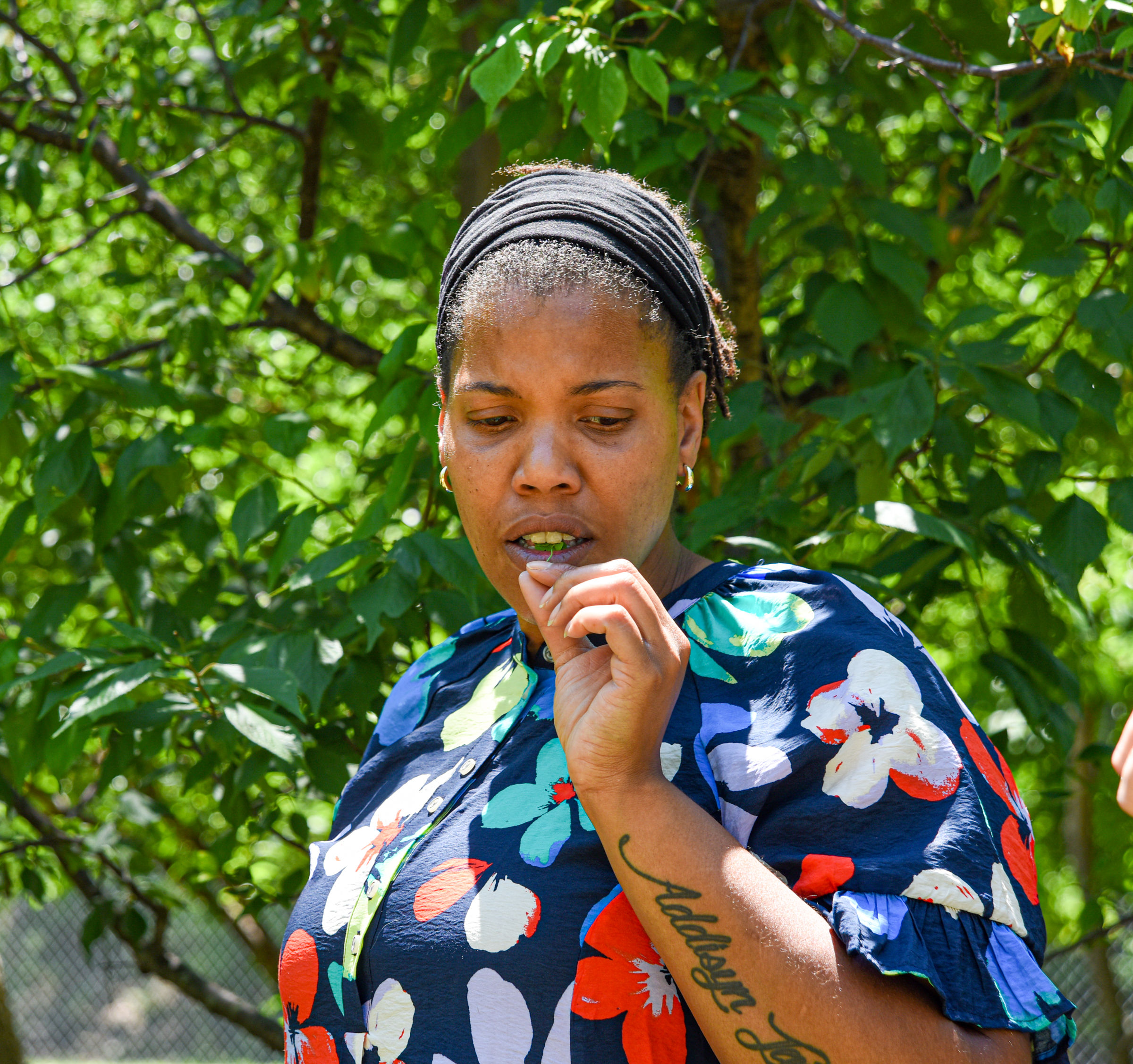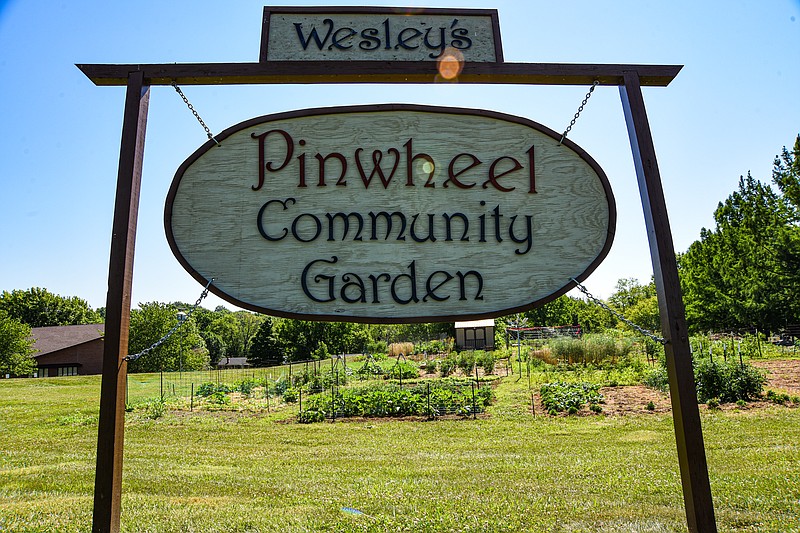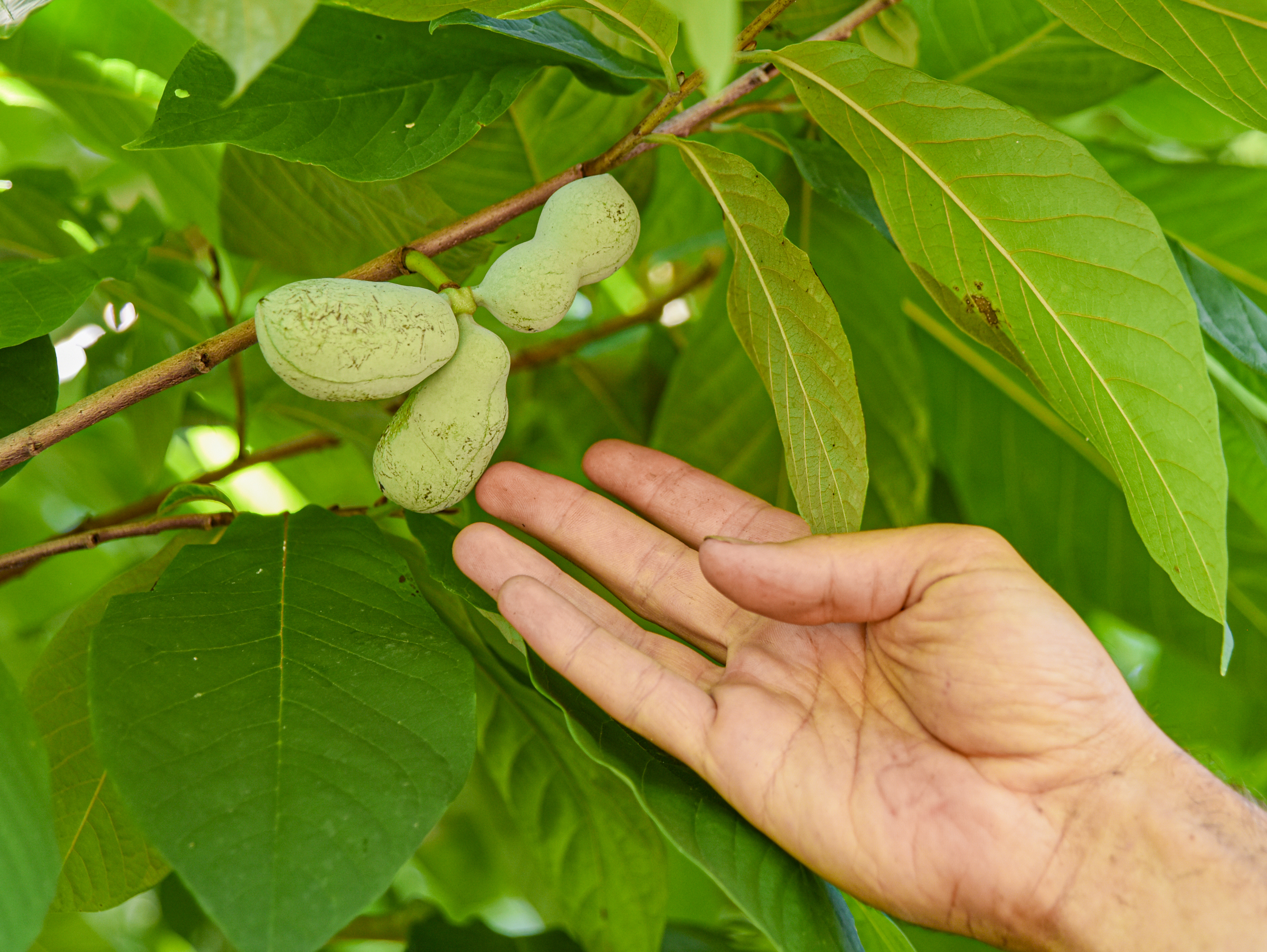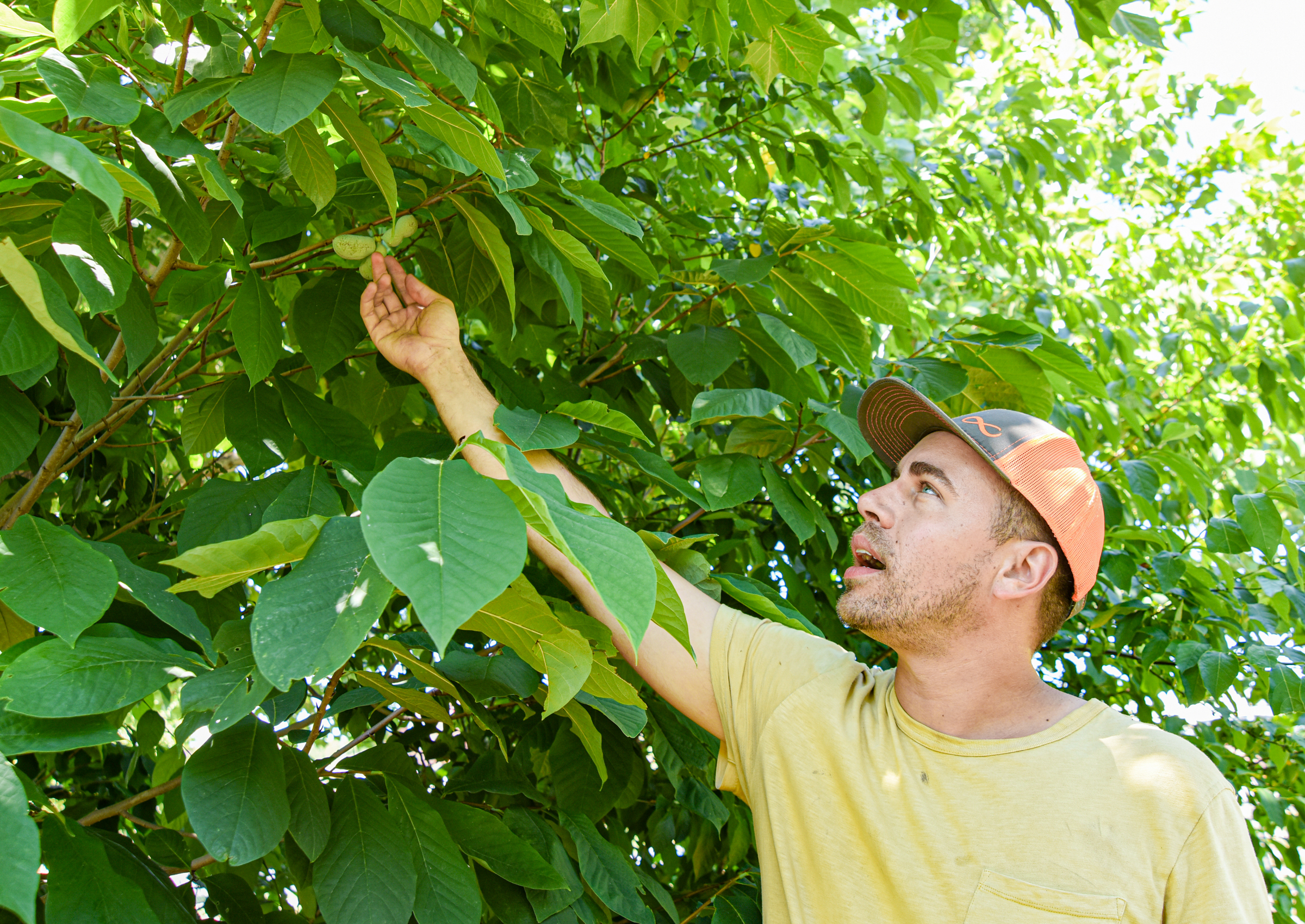Five community vegetable gardens in Jefferson City are to welcome visitors Friday afternoon.
Between 3:30 and 5 p.m., the public is invited to tour any or all of the vegetable and consumables gardens at these locations:
• Bean Counter Urban Farm, 816 Jackson St.
• Bibleway Community Garden, 900 Monroe St.
• The Ramsey Garden at Quinn Chapel, 415 Lafayette St.
• The FINCA Eco-Farm and the Garden and Grow Community Garden, 1220 Chestnut St.
• The Pinwheel Garden at Wesley United Methodist Church, 2727 Wesley St.
Sarah Eber, a nutrition and health program coordinator with the Lincoln University Cooperative Extension, said the public is welcome at each of the gardens, whether to visit out of curiosity, or to seek help establishing their own gardens.
"(The tour is) increasing communication and awareness," Eber said. "We want to inspire people to do it themselves or to ask for help if they don't know what they're doing."
Eber, who is also connected with ARISE JC (an acronym for Agriculture, Rehabilitation, Independence, Skills Training and Education), said a number of different organizations operate the community gardens in Jefferson City. ARISE JC wishes to support and unite the organizations and their work, and demonstrate that they use different models of operation.
She said organizers of the Pinwheel Garden established it for its church community. Pinwheel uses a community garden model in which one entity sets up the garden, and others come out, plant and harvest their own crops.
"Pinwheel is using that traditional model, and it works great for them," she said. "But, that kind of model doesn't always work with everybody in the community."
According to the Lincoln University website, its Families Integrating Nature, Conservation and Agriculture (FINCA) program is modeled after "finca" farms in Latin America. A finca is a "small, sustainable farm where native plants, fruits, flowers, vegetables and animals are grown for food and income," according to the site. "In Latin America, fincas have endured for centuries as a traditional way of life." Lincoln's FINCA website page can be found at https://bit.ly/3AaCxVr.
Members of the public are welcome to visit any of the gardens they wish, at any time they wish during the tour. Building Community Bridges (BCB), 213 E. Adams St., whose mission is to uplift and aid youth in the community, will use its van to take students on a tour of all five gardens. The public is welcome to follow the bus. BCB, which sits in the middle of one of two food deserts in Jefferson City, is also growing its own community garden.
A food desert is a location with at least 20 percent of residents below the federal poverty level and where a substantial percentage of residents have little access to grocery stores or supermarkets, according to the United States Department of Agriculture.
The tour, in part, arose from a Local Foods Local Places program -- an initiative from the Environmental Protection Agency and U.S. Department of Agriculture supporting local food economies through reinvestment and community-driven efforts.
Organizers of the gardens will discuss what they're using their gardens for and what they're growing. Some locations will offer refreshments.
"The goal of it was to increase awareness of how many community gardens we have and how many different models can be done successfully," Eber said. "(People may learn) the benefits of community gardening and be encouraged to do it in their own backyards."
And, if there's a vacant lot next to them, maybe folks will contact the owner and see if they'll let them put in a garden, she said.
For more information, contact Eber at [email protected] or by phone at 660-349-8881.
 Julie Smith/News Tribune photo: Alicia Edwards samples leaves from the wood sorrel plant during a tour of the edible plants garden at Lincoln University. Edwards is executive director of Building Community Bridges. and working with LU so that students at BCB can learn about nutrition and local food sources.
Julie Smith/News Tribune photo: Alicia Edwards samples leaves from the wood sorrel plant during a tour of the edible plants garden at Lincoln University. Edwards is executive director of Building Community Bridges. and working with LU so that students at BCB can learn about nutrition and local food sources.


